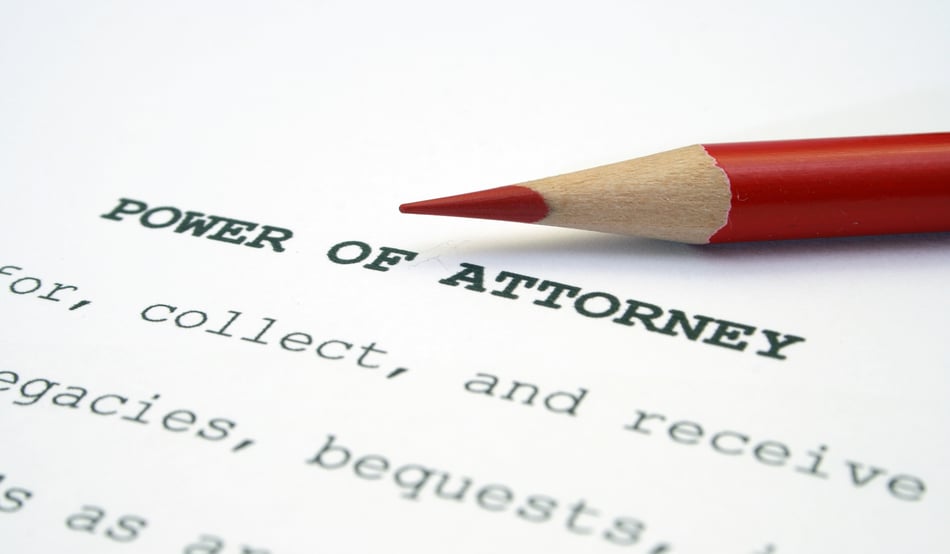
At some point in life, most of us will need help managing our affairs—whether due to illness, disability, or simply the complexities that come with aging. One of the most effective tools for preparing ahead is the Power of Attorney (POA).
But what is a POA, and why is it so important to include in your broader estate plan?
What Is a Power of Attorney?
A Power of Attorney is a legal document that allows you to authorize someone—your “agent” or “attorney-in-fact”—to make decisions on your behalf. These decisions can range from financial and legal matters to medical care, depending on the type of POA you establish.
This isn’t just a technicality. Should you ever become unable to make decisions for yourself, a properly executed POA ensures your wishes are respected and your affairs are handled by someone you trust.
Types of Power of Attorney
There are several types of POAs, each serving a different purpose:
General Power of Attorney
This gives your agent broad authority to act on your behalf—managing bank accounts, signing documents, and even selling property. Because it grants so much power, it’s usually limited to a specific time frame or situation.
Durable Power of Attorney
This is similar to a general POA but remains in effect even if you become incapacitated. It's one of the most commonly used forms, especially for long-term planning.
Limited (or Special) Power of Attorney
This version grants your agent authority only over specific tasks or for a limited time. For instance, you might use a limited POA if you’re traveling abroad and need someone to manage a real estate transaction in your absence.
Choosing the Right Agent
Choosing who will act on your behalf is one of the most important decisions you can make. Your agent should be someone you trust completely—someone who is responsible, level-headed, and willing to act in your best interest.
For many, this is a close family member. If you go this route, it’s essential to communicate openly with the rest of your family to avoid misunderstandings or hurt feelings.
A Thoughtful Part of a Larger Plan
It’s important to remember that a POA is a document—not a person. The paperwork needs to be executed properly, and the type of POA should align with your broader goals.
Establishing a POA isn’t something to put off until a crisis hits. Instead, it should be considered a foundational element of your estate plan—a safeguard for your future and peace of mind for your loved ones.
Have Questions?
If you’re thinking about establishing a Power of Attorney or revisiting your current estate plan, don’t hesitate to reach out. We’re here to help you think through your options and ensure every decision you make reflects your values and long-term goals





